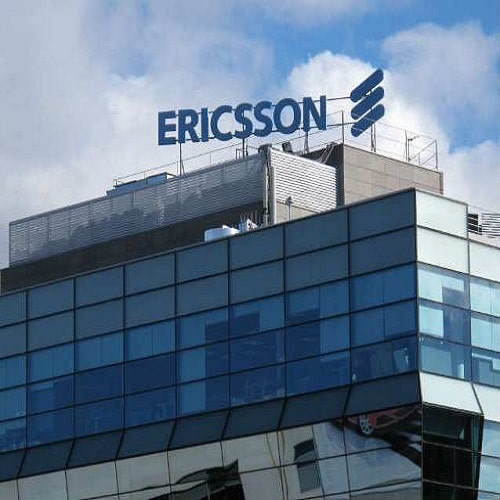The trade tensions between the world’s two largest superpowers have reached a boiling point. The US gave China’s Tiktok app an ultimatum to partner with an American firm this week — a deal with Oracle is nearing — while China countered by banning exports of its artificial intelligence (AI) technologies.
The trade clash between the US and China has had many far-reaching consequences. Manufacturers and importers in both economies are now cutting costs, postponing key business deals, and putting off investments in a bid to cushion the business-crippling impact of the US-China trade war.
Moody’s Analytics estimates that nearly a million Americans had already lost their jobs or job opportunities as a result of the trade conflict by the end of last year. But the US and China are the world’s biggest and second-biggest economies, respectively, and the trickle-down impacts on other countries and industries will probably be felt for years to come.
With potentially disastrous implications, we take a look at two of the technology companies that stand to gain or lose the most from the China-US trade war.
Arm
Shutting out China from the semiconductor processor manufacturing industry has opened the door for chip giant Nvidia to acquire UK-based chip and software design company, Arm Holdings – a company whose technology is at the center of an estimated 90% of smartphones, including those made by Chinese companies.
This will serve a huge blow for China, as its technology sector is heavily reliant on foreign-produced semiconductors, which is dominated by the US and American ally South Korea. Presently, Arm operates an “open licensing” model that treats all licensees equally, including Chinese firms.
However, an acquisition by US-centered Nvidia could eventually open Arm’s chips – which can be used in 5G networks, IoT applications, home electronics, laptops, cloud services servers, and manufacturing plants – up to the same regulatory hurdles that other American firms face when dealing with China, and will almost certainly be faced with the prospect of a wholesale ban. This would have dire consequences for the Chinese tech industry as a whole, with access to critical tech supplies cut off entirely.
Arm’s co-founder and former executive, Hermann Hauser told the BBC: “If ARM becomes a US subsidiary of a US company, it falls under the Cfius [Committee on Foreign Investment in the United States] regulations.
“[That] means that if hundreds of UK companies that incorporate ARM’s [technology] in their products, want to sell it, and export it to anywhere in the world including China — which is a major market — the decision on whether they will be allowed to export it will be made in the White House and not in Downing Street.”
Oracle
A consortium led by US software giant Oracle has emerged as ByteDance’s preferred partner for TikTok, after the early front-runner, Microsoft, had its offer rejected.
The Oracle bid appears to limit the scope of the Tiktok acquisition, to where Oracle becomes ByteDance’s technology partners in the US, presumably hosting the app’s data on Oracle’s cloud servers. As the handling of US user data has been a contentious point in the Tiktok’s operations Stateside, hosting on Oracle’s servers would fulfill the conditions of keeping US user data in-country.

Oracle chairman Larry Ellison, just one of many parties caught in the China-US trade war
However, the powerful AI algorithms that ByteDance’s platforms are known for within tech circles will apparently not be a part of the deal, meaning the underlying technology could still be used to China’s interests unless Oracle is developing new solutions for the US market.
That would seem to be counterproductive to a US sale’s intentions, but it might buy Oracle time to work out a better, more ironclad agreement with ByteDance.
Arm stands to lose out on the Chinese market, which could the ripple effect of crippling the Chinese tech industry. Meanwhile, ByteDance’s and Microsoft’s loss appears to be Oracle’s gain – but with the agreement yet to fully form, there could still be a major turnaround in fortunes for all companies involved.
This sort of uncertainty appears to be the new reality facing the technology sector as a whole, and it remains to be seen what other firms will be caught in the ongoing crossfire of the simmering China-US trade war.
Source: techwireasia










